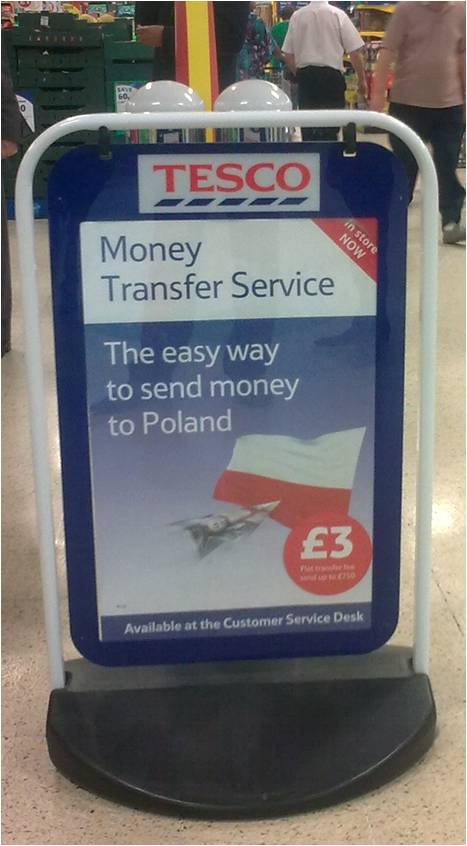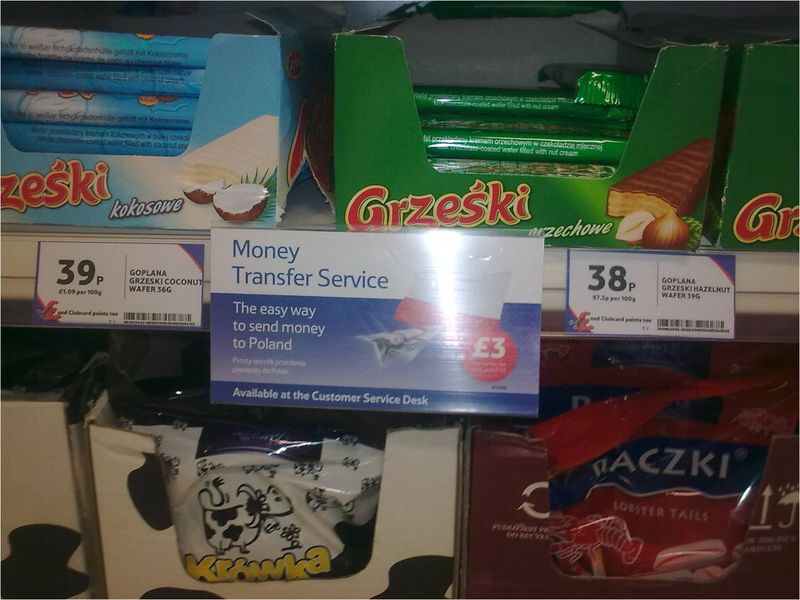
After my scribble on remittances the other day, it is timely to talk about this as it relates to the G8 Summit taking place in Italy this week.
During the buildup to this meeting campaigners have been reminding the leaders of their obligations to Africa, especially Italy and France who reneged on their pledges of 2005. Bob Geldof wasn't going to let them get away with that, and publicly shamed Silvio Berlusconi into an apology this week.
With this in mind, a key part of the G8 meeting will focus upon
remittances, as this payments process has a critical role to play in the
health and wealth of Africa. For example, a few choice snippets from recent news includes:
"The collapse of international capital markets and the recession in major economies have halved growth in Sub-Saharan Africa. Combined with falling national income from commodity prices and remittances, and the increasing cost of food and energy, this will seriously retard progress towards the Millennium Development Goals (MDGs), pushing tens of millions more Africans below the poverty line." Sean Leno, CBC Africa Forum
"The world's poorest countries will see $1tn (£600bn) drain from their economies this year according to the first detailed analysis of how the global recession is hitting developing nations." The Guardian, June 2009
"One area that holds promise pertains to remittances by the African Diaspora. Remittances have become a major source of financing for Africa’s development, and in some countries, they are more important than aid. Remittances are however sensitive to economic conditions and the recent crisis has resulted in significant reductions of remittances to Africa." Brookings Institute, July 2009
"Poor people are being forced to shoulder multiple burdens that are not of their making. The economic crisis is hitting their remittances and investment and trade flows. Climate change is harming their harvests, livelihoods, health and safety. High food and commodity prices are worsening a chronic poverty crisis which continues to claim thousands of lives every day. You can make health care and education a reality for millions of people if you keep your promise to pay $50 billion in foreign aid." Letter from Annie Lennox, Colin Firth, Scarlett Johansson, Angélique Kidjo, Bill Nighy and many others to the G8
What this train of thought clearly shows is that the financial markets and financial providers have a key role to play in the health of nations through the wealth of nations.
************************************************************************************************

You cannot miss the signage as it's everywhere:

The service has been launched in Tesco in Slough, and is targeted at the large Polish community there.
Money Transfer firms be afraid, as "every little helps".
Chris M Skinner
Chris Skinner is best known as an independent commentator on the financial markets through his blog, TheFinanser.com, as author of the bestselling book Digital Bank, and Chair of the European networking forum the Financial Services Club. He has been voted one of the most influential people in banking by The Financial Brand (as well as one of the best blogs), a FinTech Titan (Next Bank), one of the Fintech Leaders you need to follow (City AM, Deluxe and Jax Finance), as well as one of the Top 40 most influential people in financial technology by the Wall Street Journal's Financial News. To learn more click here...


